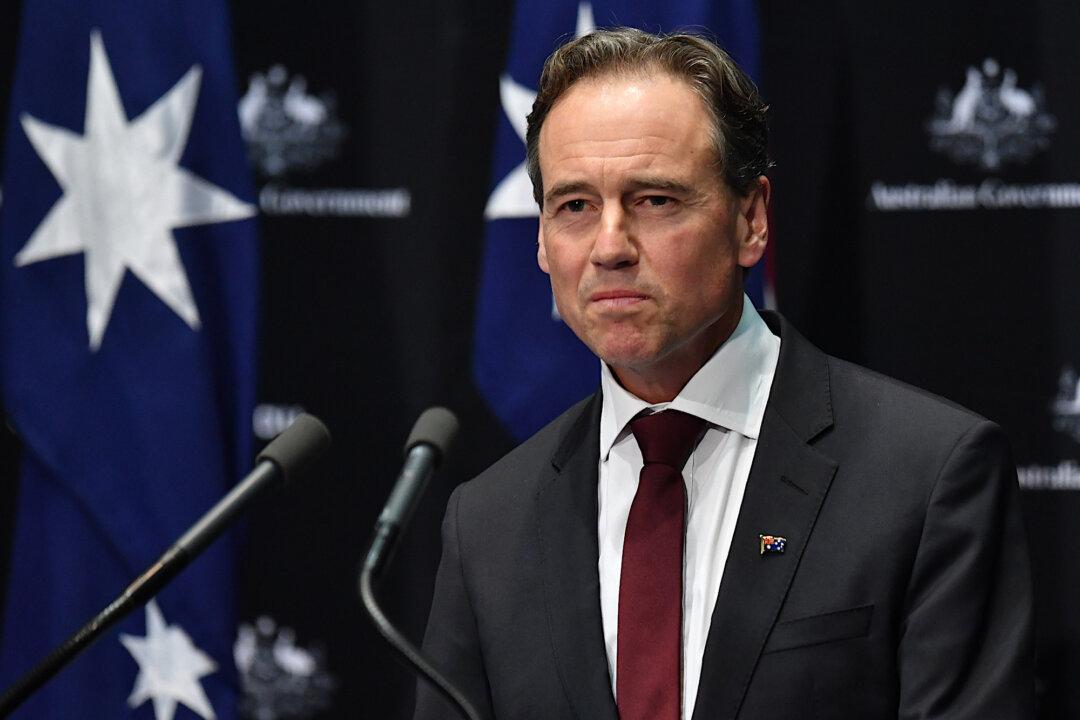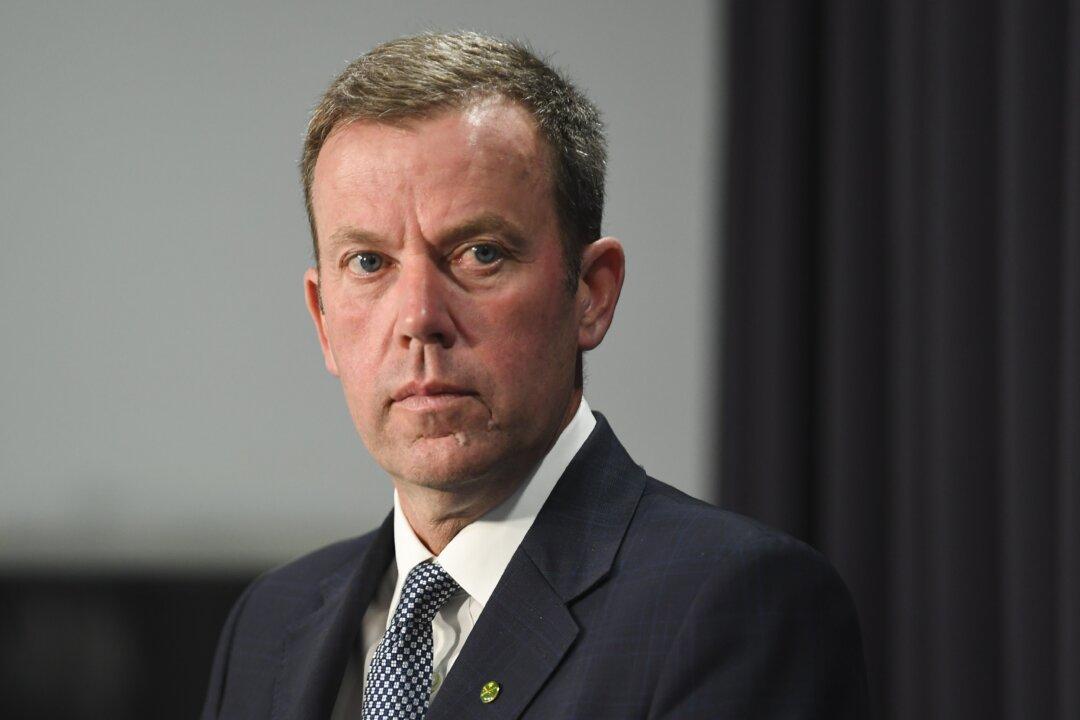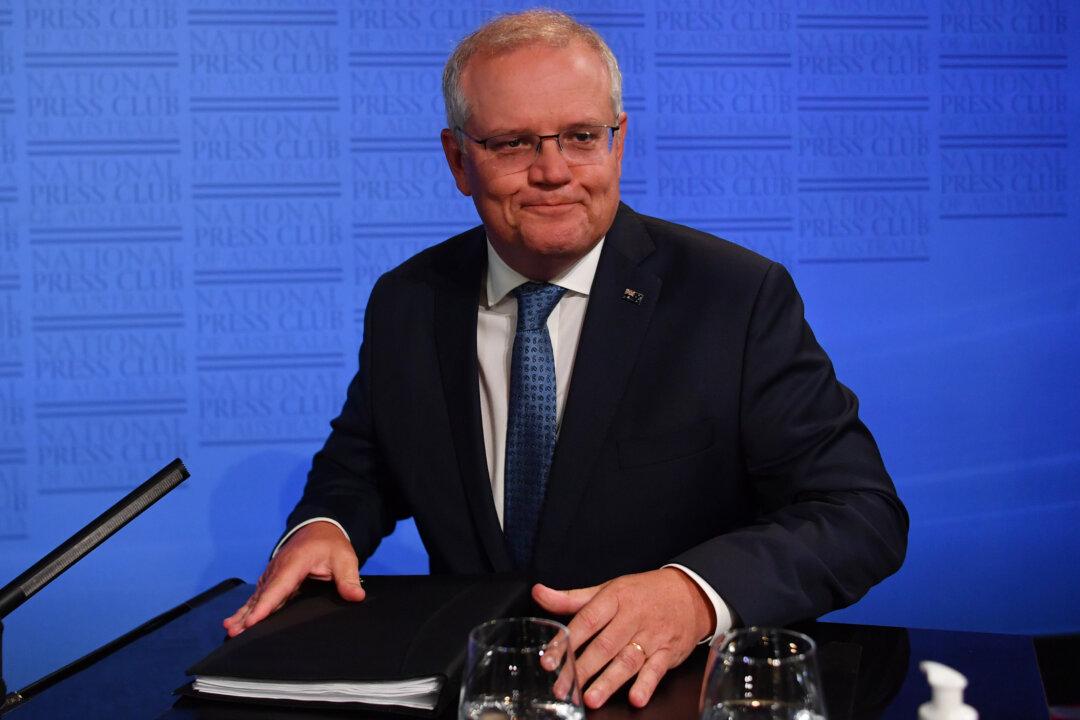Federal health minister Greg Hunt announced on May 13 the appointment of the first-ever deputy chief medical officer for mental health to manage the psychological effects of the CCP virus.
Former chief psychiatrist of Victoria Ruth Vine has been given the role to listen to community concerns and provide advice to the federal government, with a focus on anxiety linked to social distancing and economic stress.





